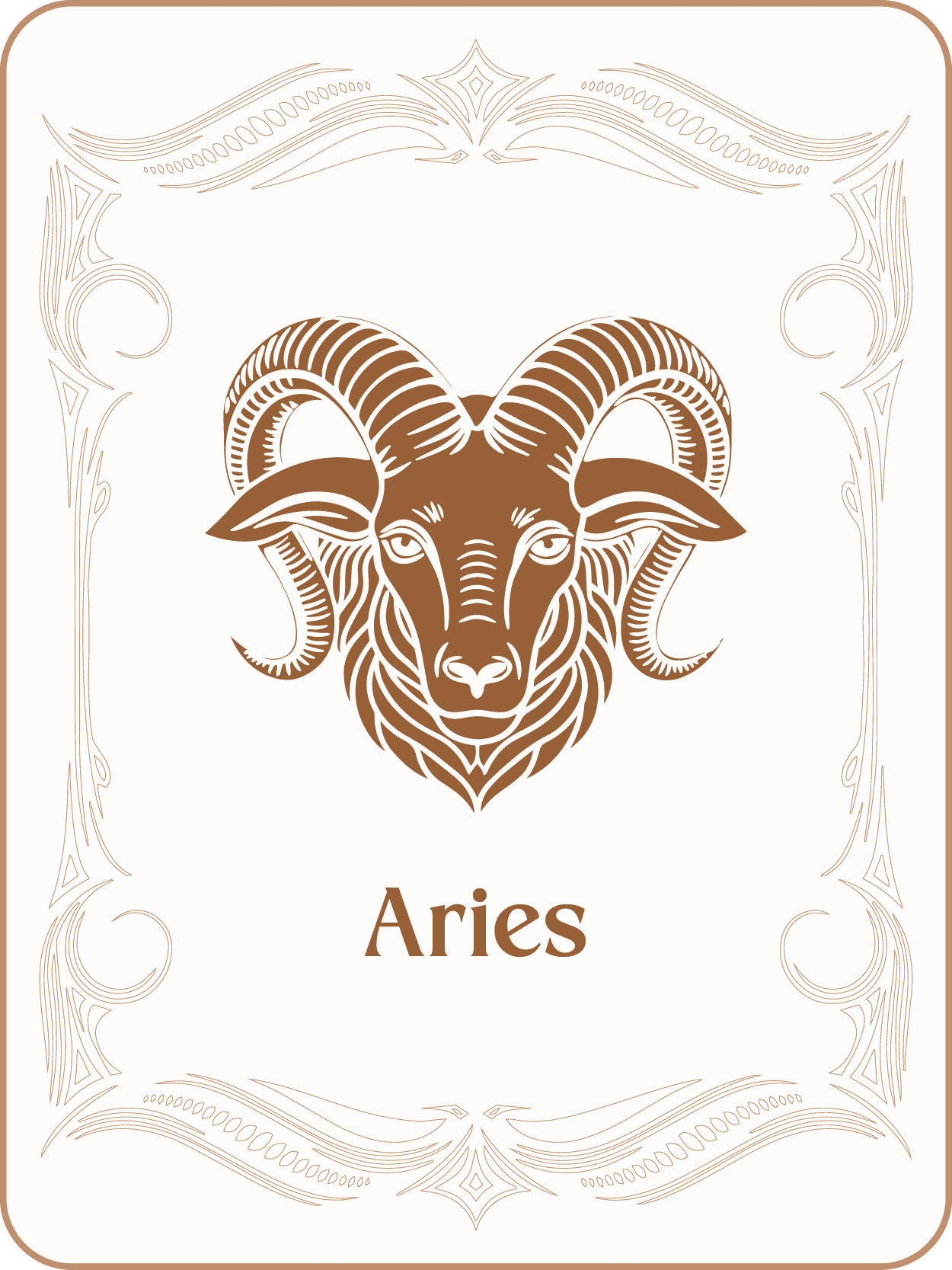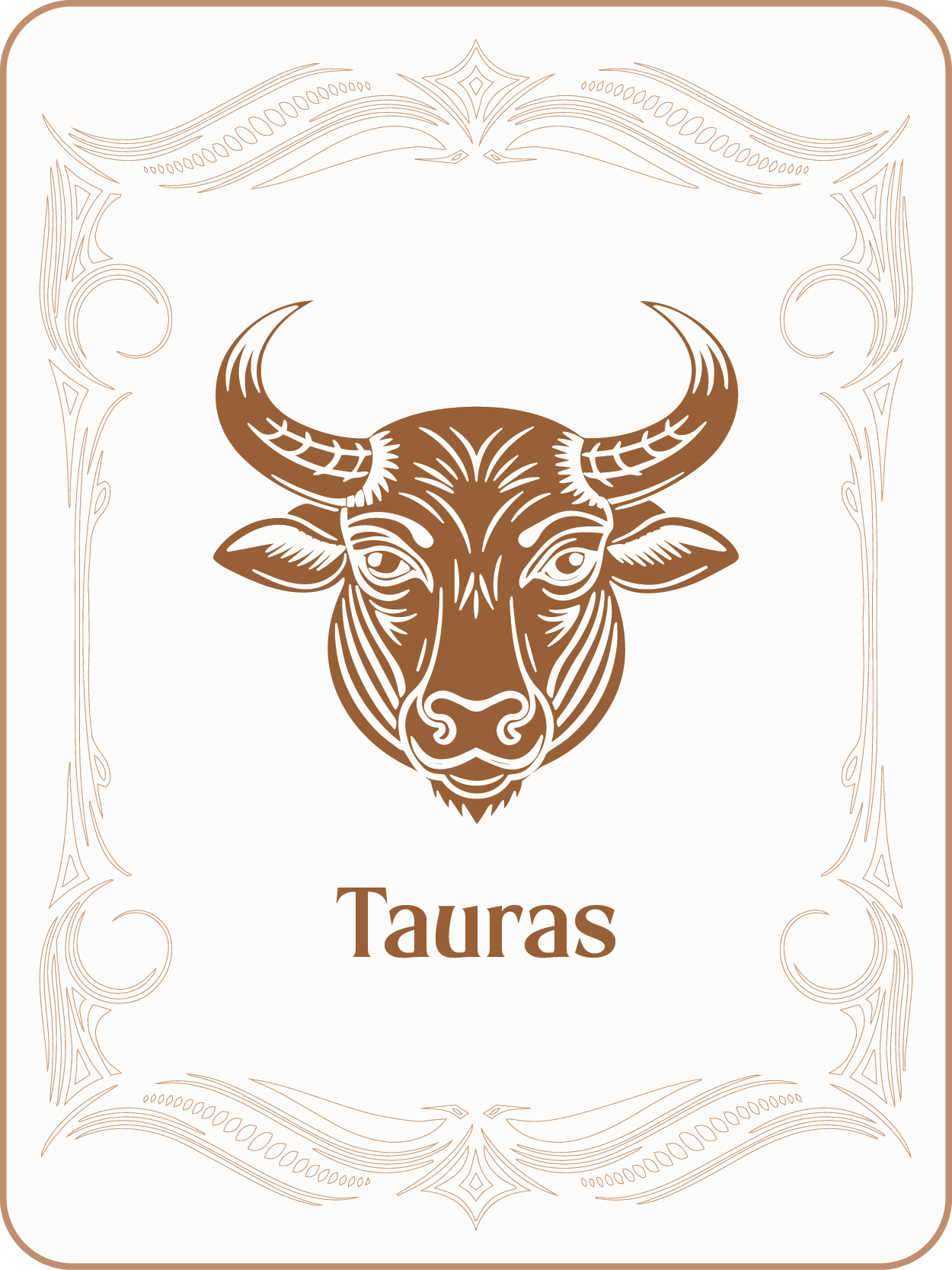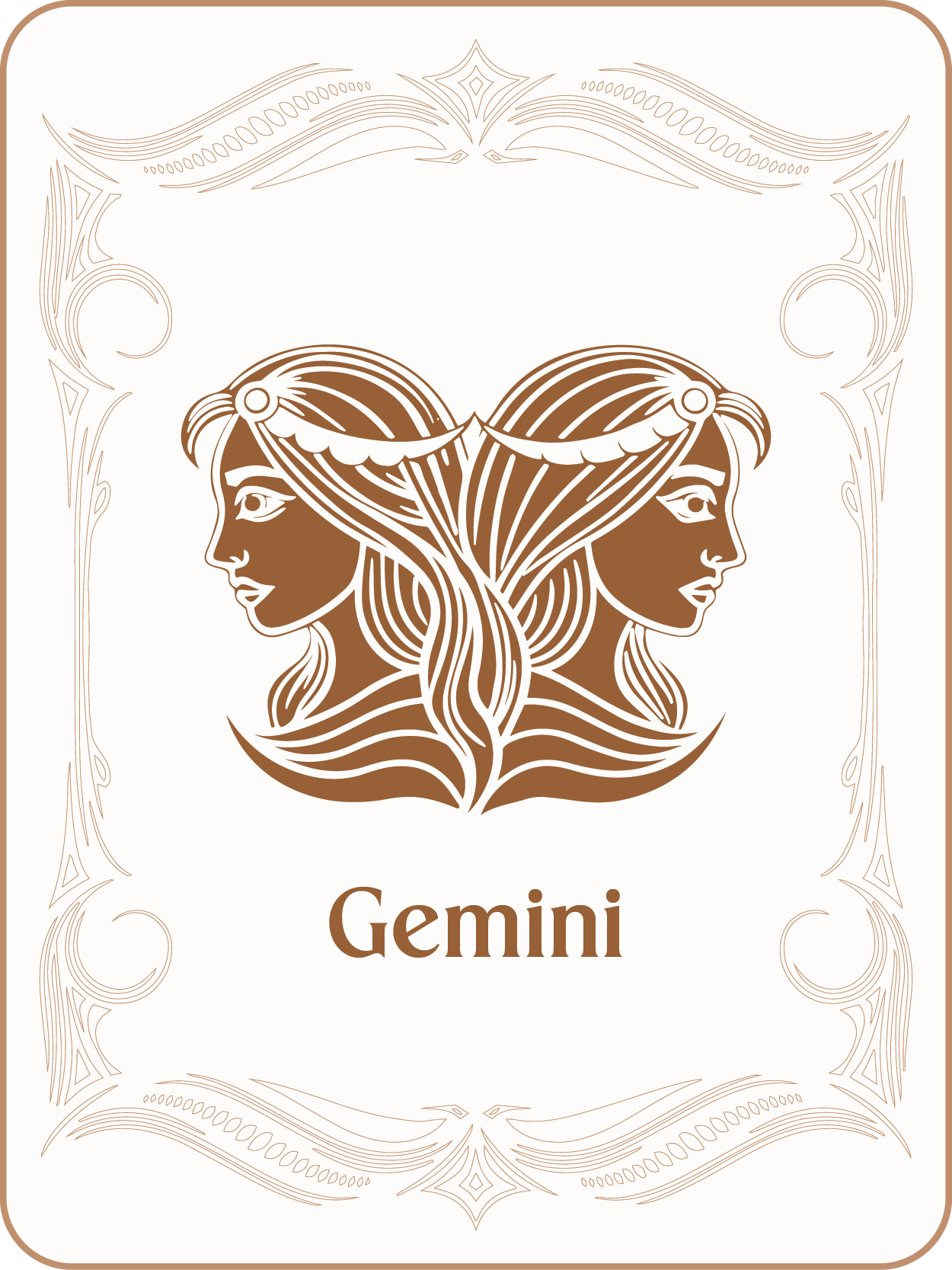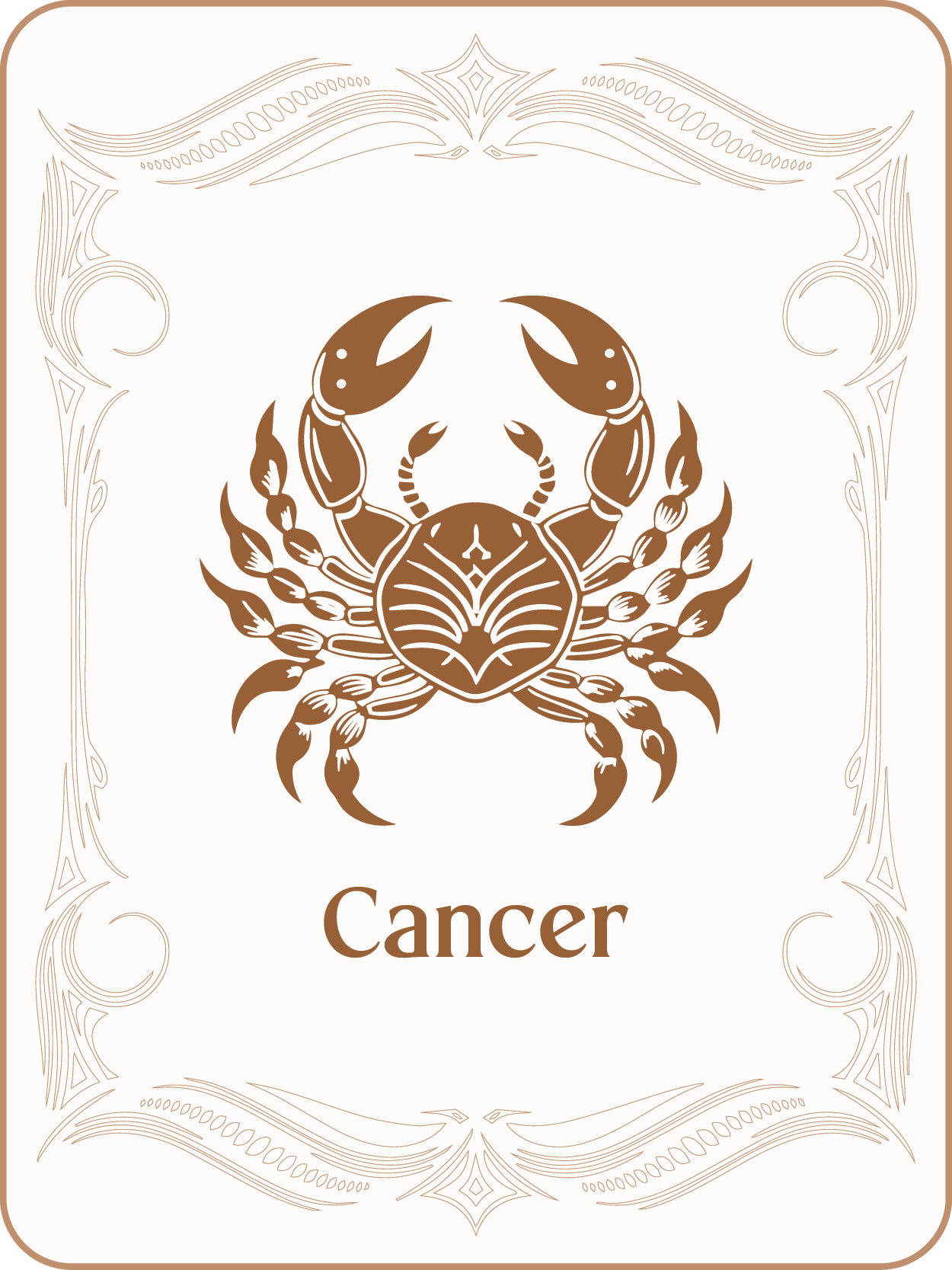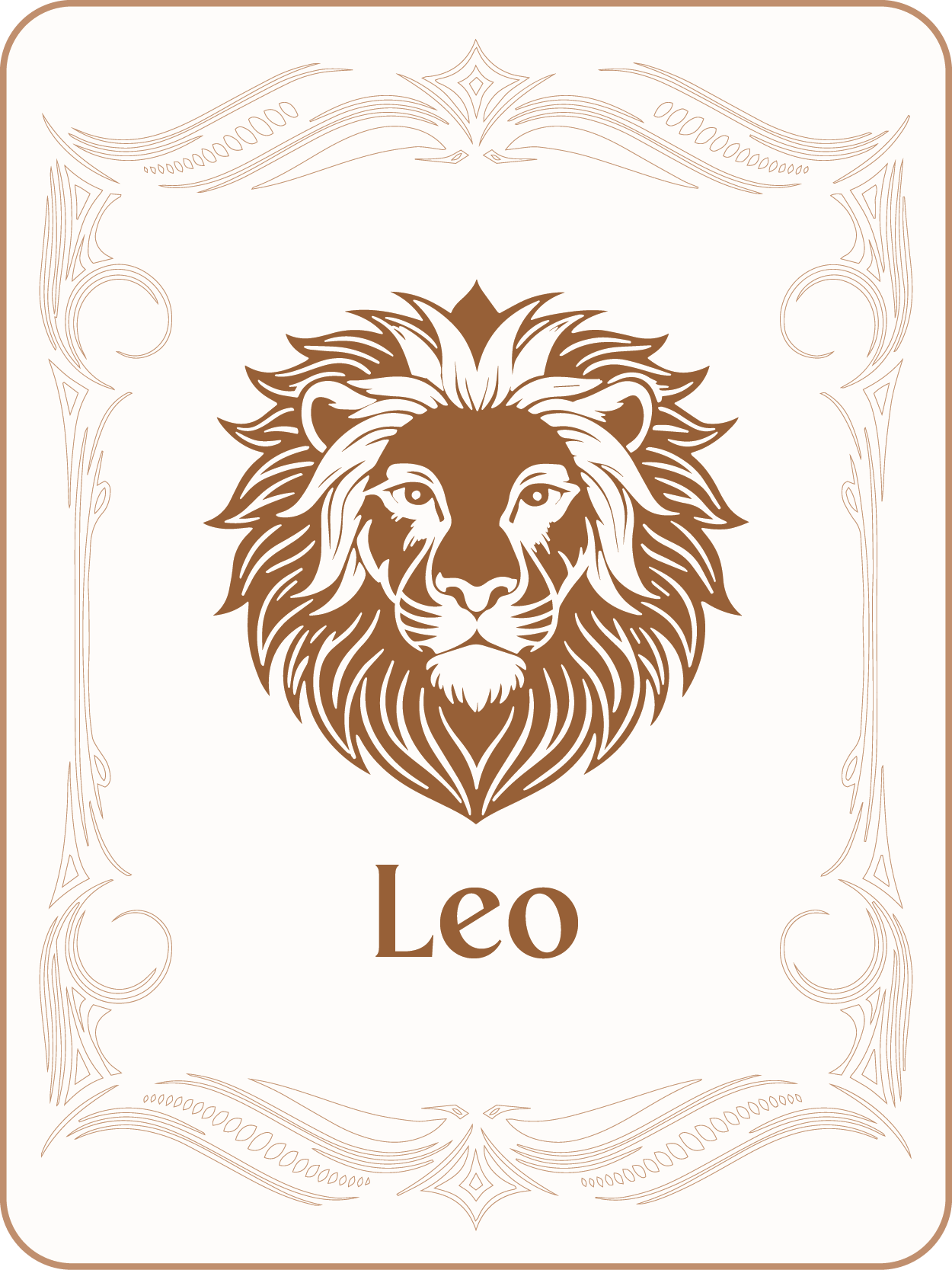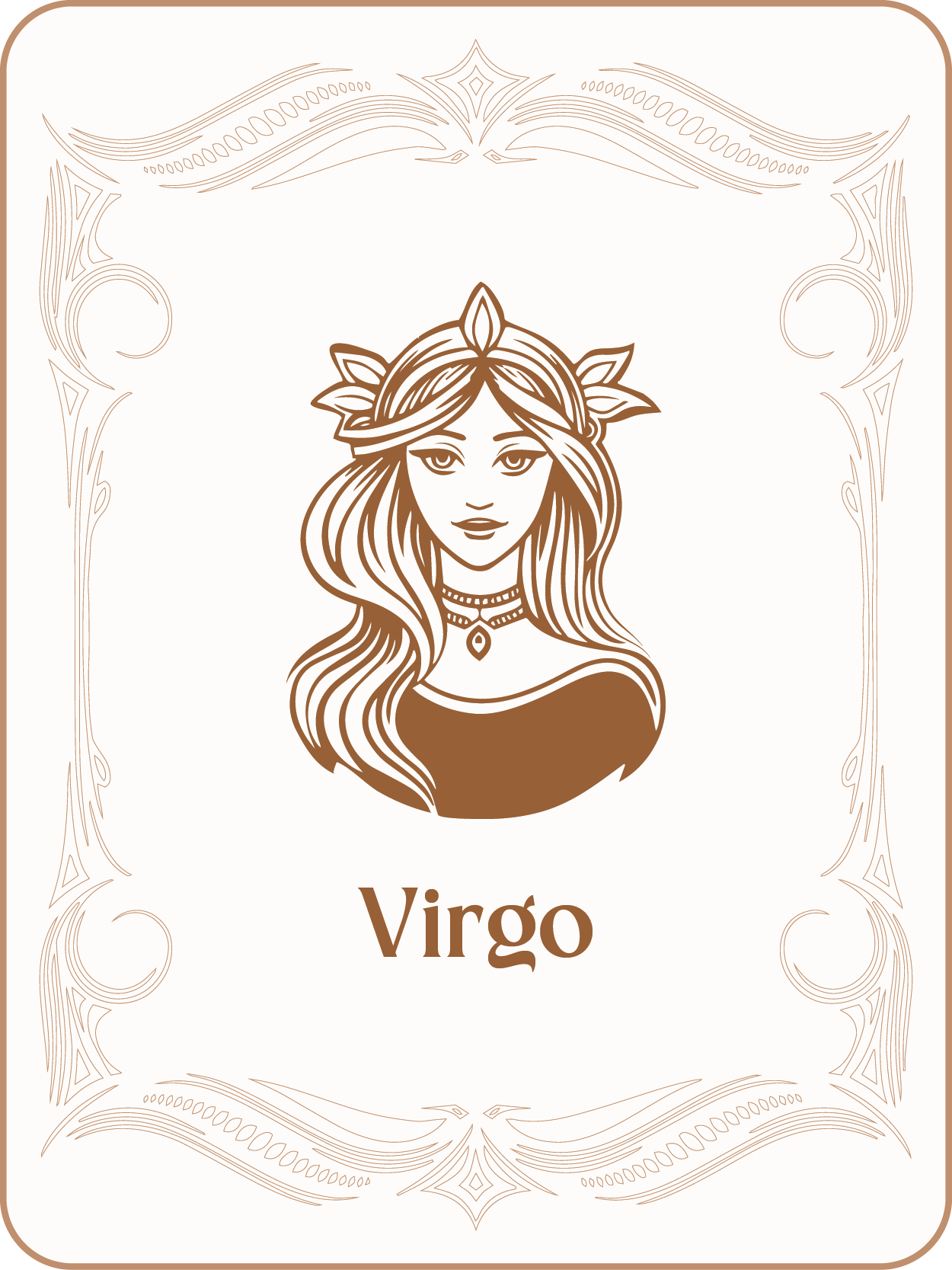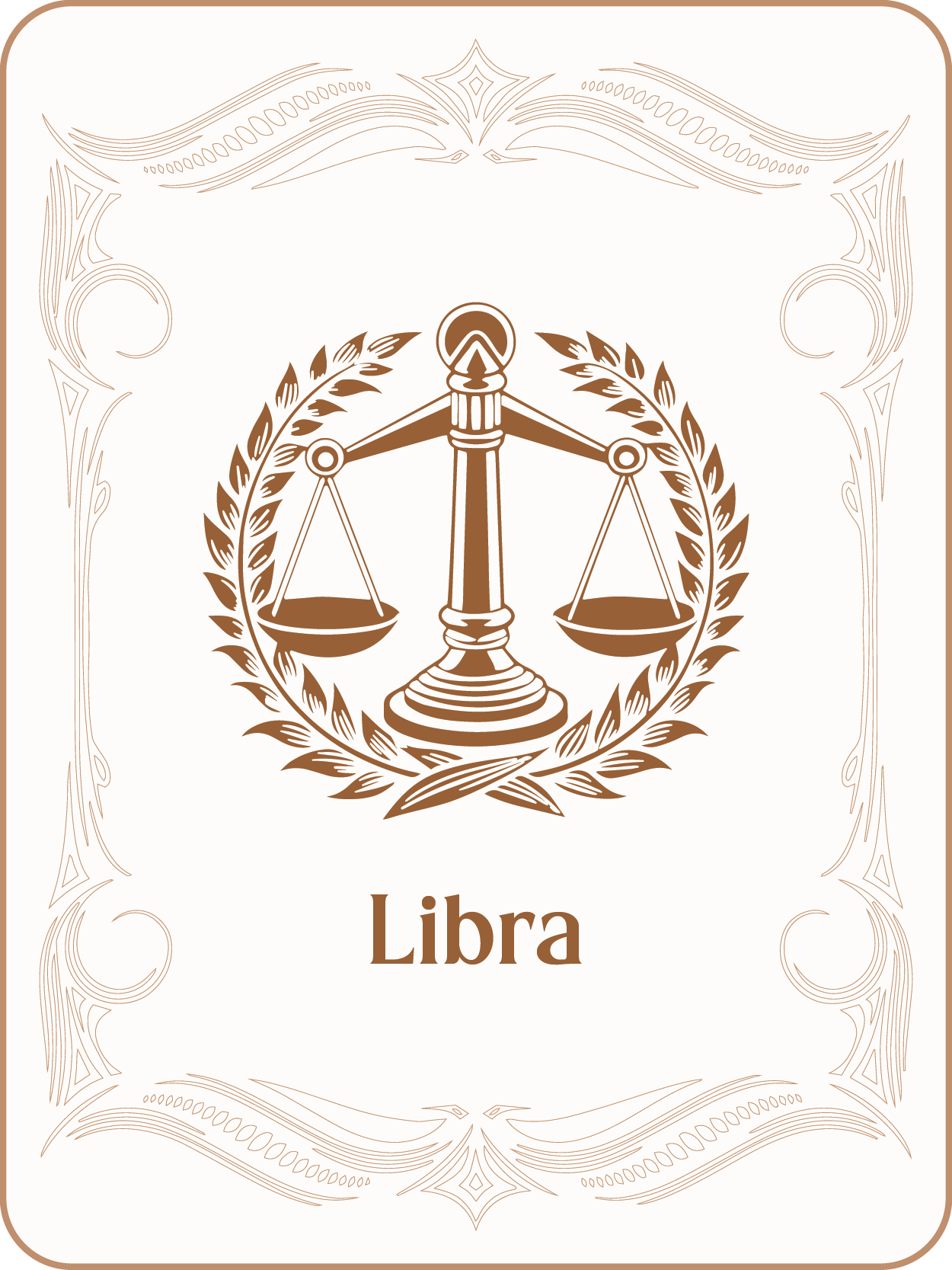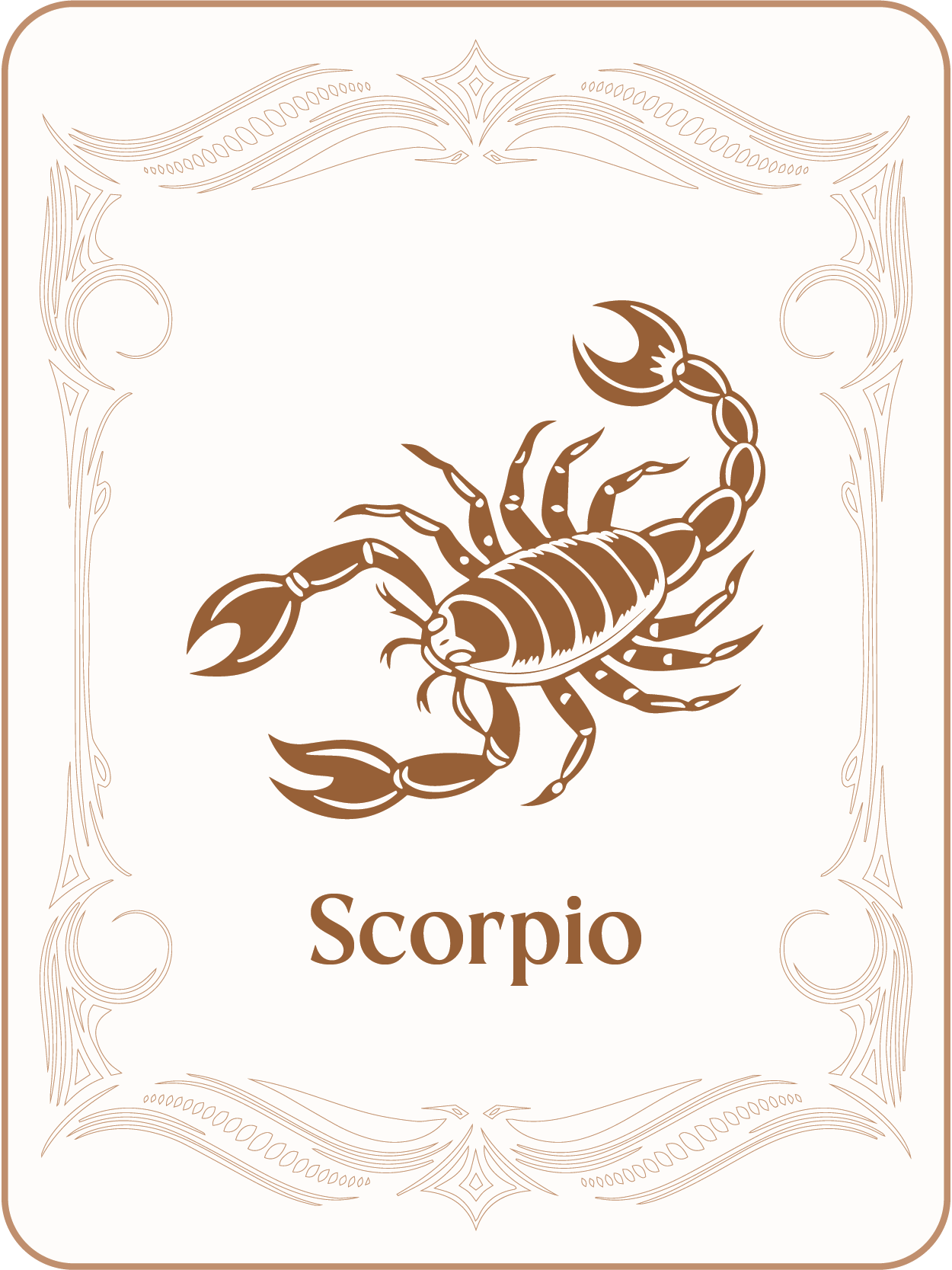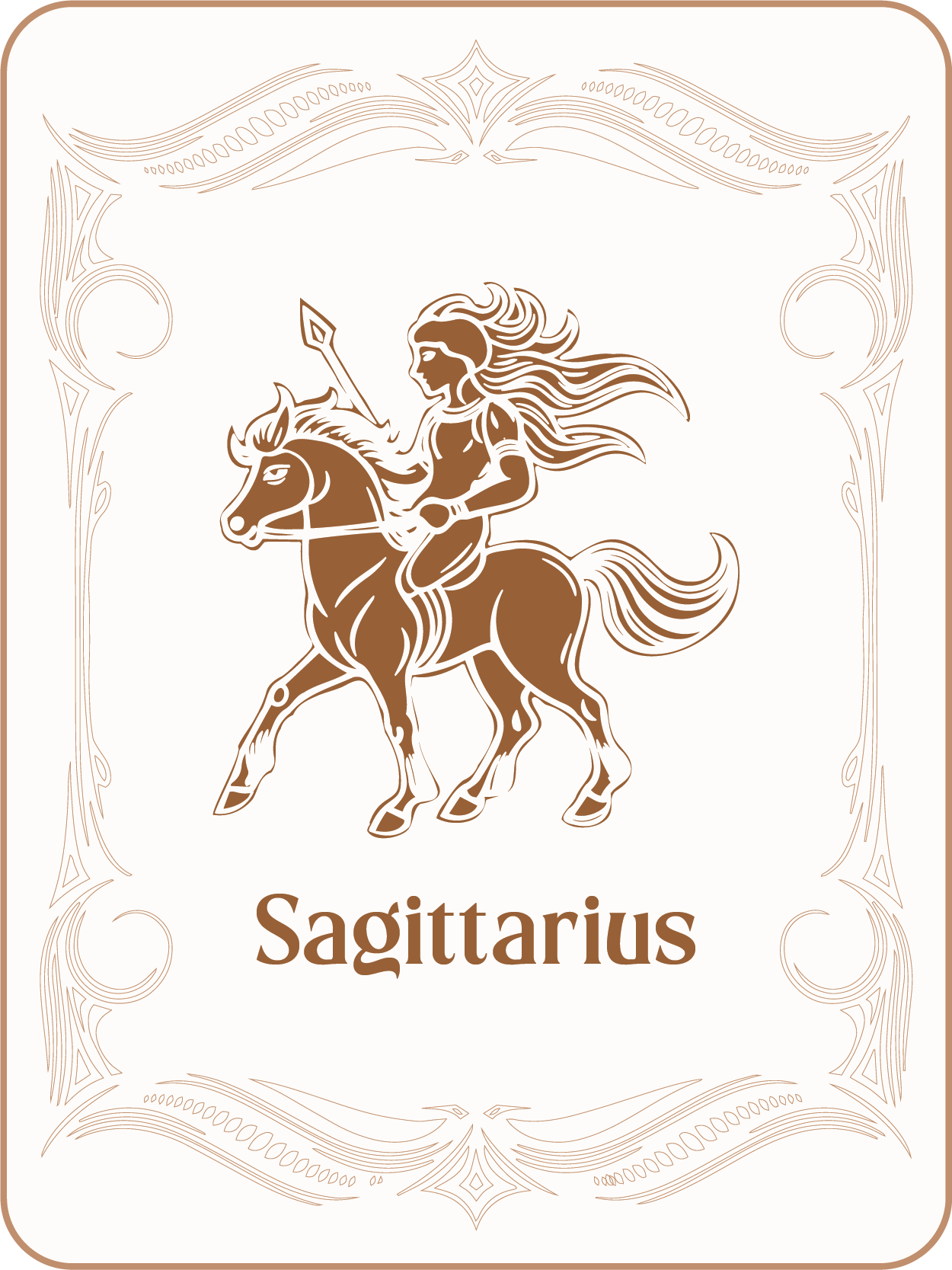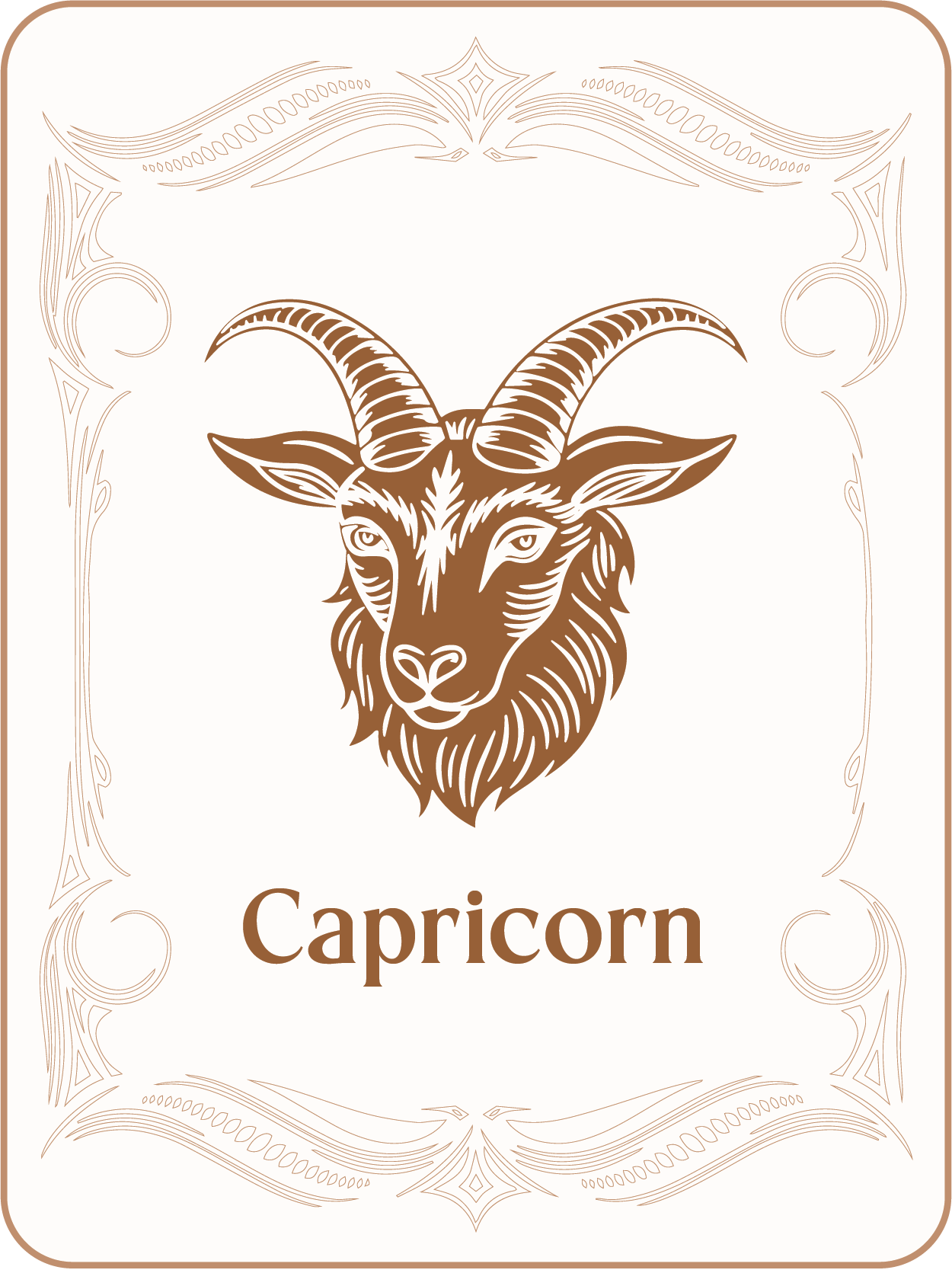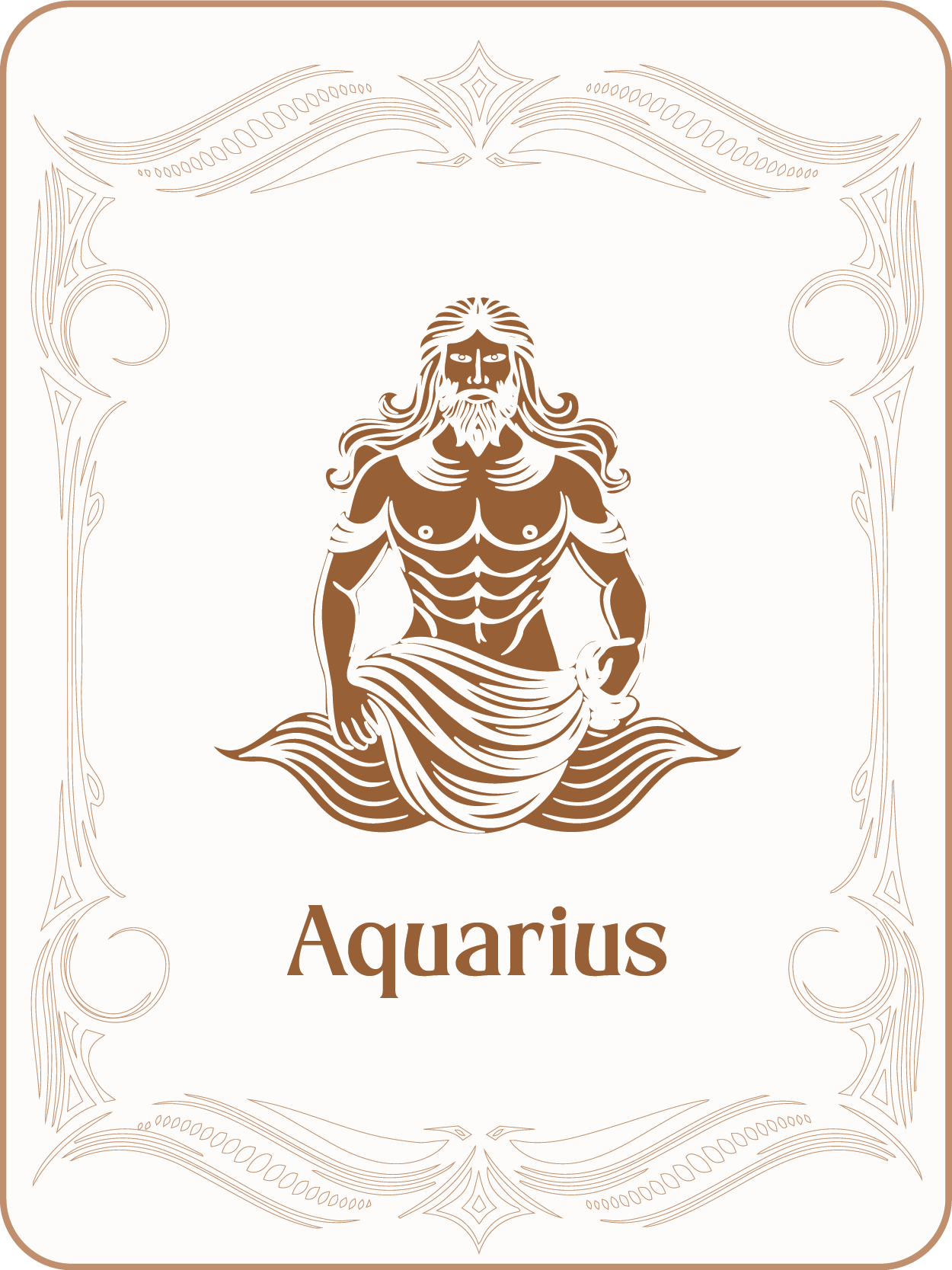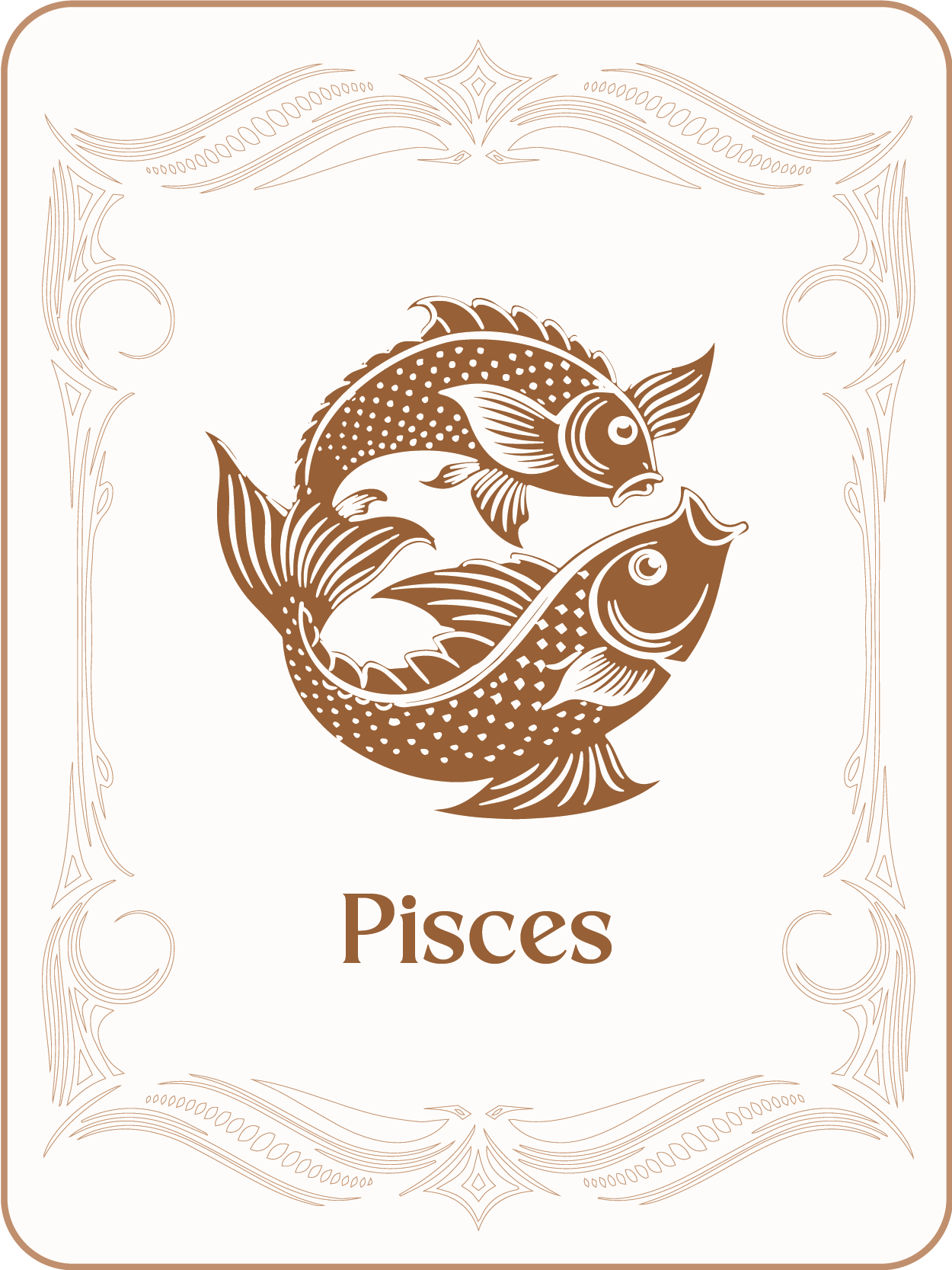Welcome To
Acharya Ganesh’s
Astrology Universe
Welcome to a world where the ancient wisdom of the stars illuminates the path to understanding ourselves and our place in the universe. Our platform bridges ancient wisdom with modern learning methods, offering a diverse range of astrology courses tailored to enthusiasts, practitioners, and aspiring astrologers a like.
Services Offered
Zodiac Signs : Learn The Names And Symbols
Welcome to a world where the ancient wisdom of the stars illuminates the path to understanding ourselves
Begin Your Astrological Journey Today
Let Acharya Ganesh illuminate your path to enlightenment. Our online astrology courses are more than just learning opportunities; they invite a transformative experience that aligns you with cosmic rhythms and universal wisdom. Learn Astrology Online with us and unlock the cosmic code that governs the universe. From online consultation to learning the nuances of the astrological world, Acharya Ganesh is here for you at every step.
Memories Over The Years
Star Testimonials: A Look Back
Discover the Cosmos on Our Blog

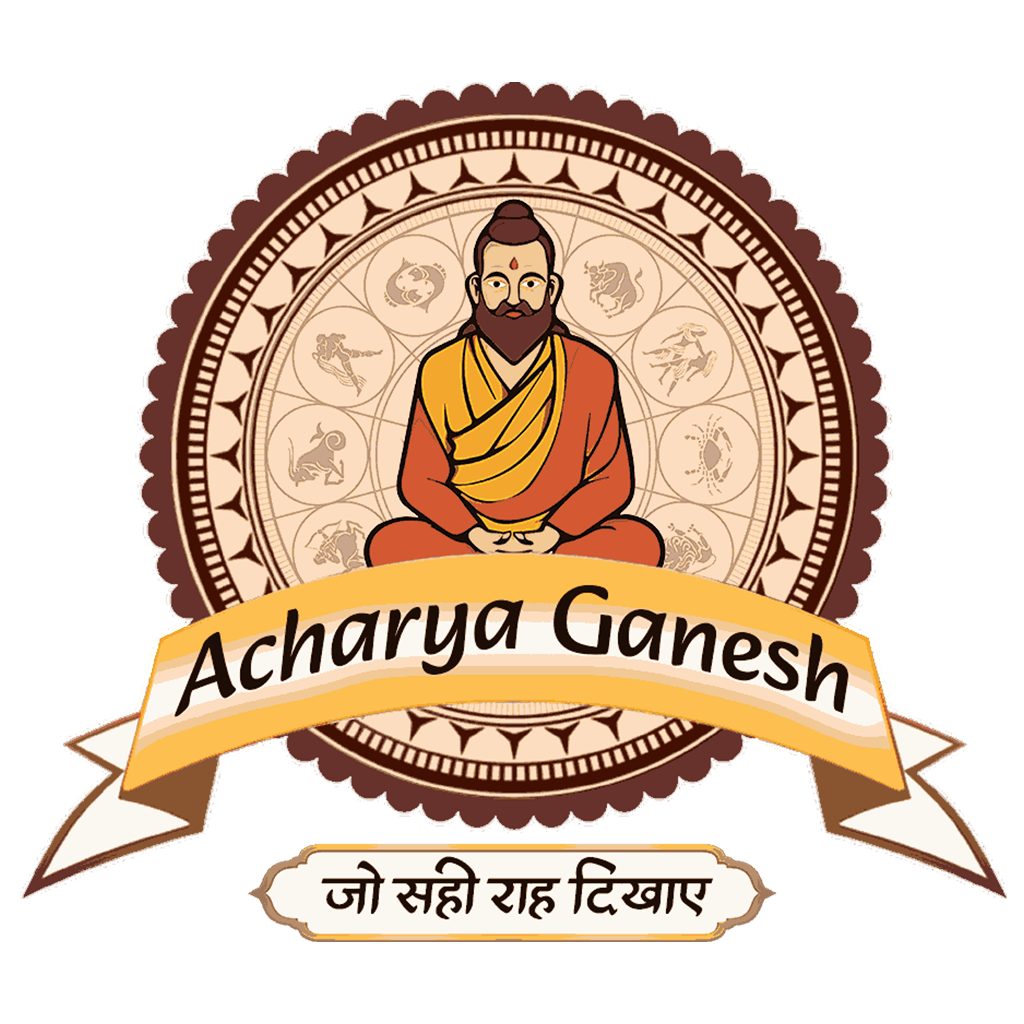
Welcome to Acharya Ganesh, your premier destination for all things astrology. We’re dedicated to spreading the profound wisdom of astrology through our comprehensive range of services and online Astrology courses.
© All Rights Reserved Acharya Ganesh
